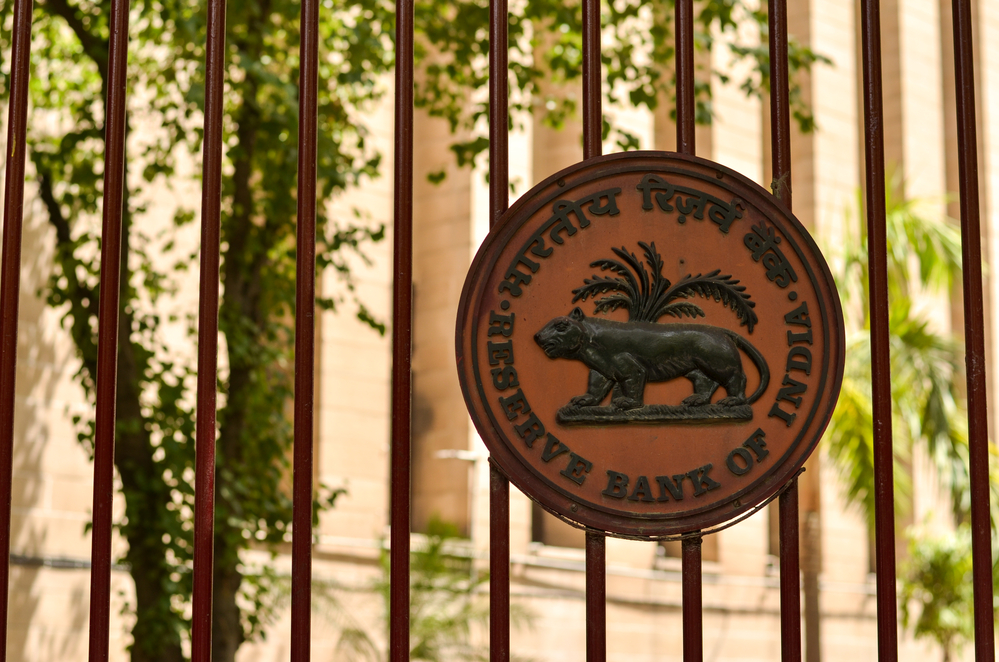Boost Your Financial Health with a Budget
The golden rule of 50:30:20 is to be kept in mind while adjusting your expenses

The trick to getting closer to your financial goals is to create a budget for your personal finances. Not only will it give you a clear idea about how much you are spending, but it will also make it easier for you to save money. A budget basically tracks how much income is generated in a month and how much is spent or is expected to be spent out of it. A good budget is not ‘restrictive’ as it has been made to sound over time. Rather, following it makes us disciplined. Let us look at the steps of creating your own budget-
1. Choosing a Strategy: The very first step of creating a monthly budget is to figure out a strategy. As per the 50:30:20 rule of personal finance, which is a very popular choice among people, one must set aside 50 per cent of their total income for ‘needs’/’must haves’, 30 per cent for ‘wants’ and the rest 20 per cent for ‘savings’. Housing, rents, taxes, transportation, electricity and gas bills, daily grocery are the necessary needs that fall under the category of 50 per cent. The 30 per cent includes non-essential costs like a gym membership, vacation, Netflix subscription, dine outs, among others. These are personal expenses that can be curtailed during an emergency. The 20 percent is mostly used for debt pay off or emergency fundings.
2. Find Your Total Income: To identify your net income (or take-home pay) that is deposited into your bank account, add up what you make per month after deducting taxes and payroll. It's also a good idea to have outside sources of income. But remove the taxes from them, as well. In the case of variable income, it is suggested that the income from the lowest-earning month of the previous year is used as the budget's baseline income.
3. Shortlist Your Expenses: It is important to shortlist the various expenses that you are expected to have in one month. Make two sections. Start with determining that fixed expenses, which as the name suggests, remain constant every month. This includes school fees, rent, internet service, s or car payments. Under the next section, include variable expenses that are subjected to change every month, like groceries, transportation, entertainment, gifts, and so on. Unlike fixed costs, you can cut back on variable expenses when needed. To make it simpler and understand better, you can through all your receipts, bills, credit card statements from the last three months.
4. Identify Your Goals: Create a list of all the financial goals you would want to achieve in the short and long run. While short-term targets can be achieved in less than a year, long-term targets, like your child’s higher education or buying a property, will take years to accomplish.
5. Make Adjustments: Once you are done with getting a fair idea of how you are going to spend in the next month, check where you are spending extra or what are you saving. Now according to your goals, change your habits as and when needed. If you find that your expenses are surpassing your income, then you make a take hard look at where you can reduce costs. In such a scenario, you will have to shift your priorities and maybe cut back on one or two of your “wants”- like canceling an entertainment subscription. Such baby steps can be fruitful in the long run.
6. Review your budget: To make sure that you are on your way to achieving targets, it is important that you review your budget in regular intervals. Human priorities are not constant. You can shift jobs, get promoted, relocate, have a child, choose to study further, or even meet a goal that allows you to create space for a new one. Thus, as per your priorities, you need to edit your budget every once in a while.
The main goal of a good curated budget is to make room for all your priorities without creating a mess. Once you are able to keep your expenses lower than your income, you are good to go. I hope that now you have a better idea of how to stop losing your mind on unnecessary expenses at the end of the month.









